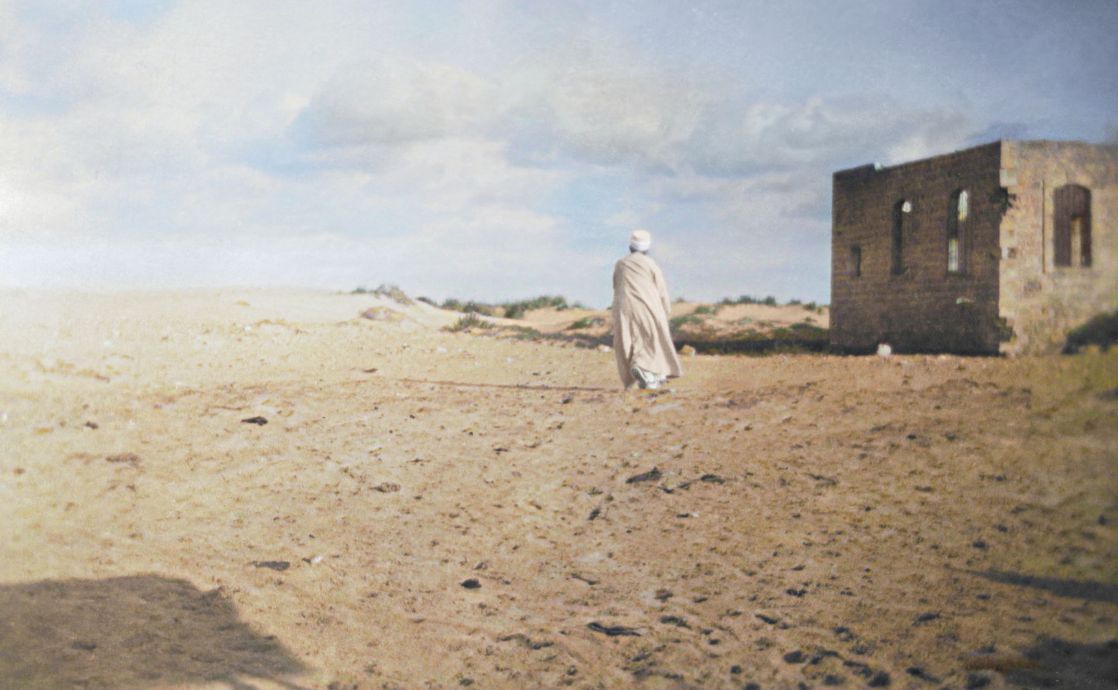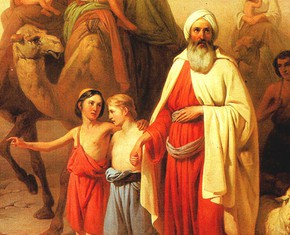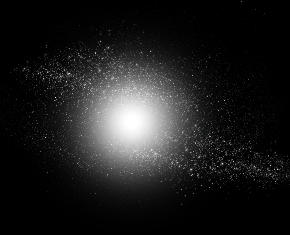The views expressed in our content reflect individual perspectives and do not represent the authoritative views of the Baha'i Faith.
Those who have explored the life of Abdu’l-Baha, the son of Baha’u’llah, the prophet and founder of the Baha’i Faith, understand that his was a life unparalleled in history — religious or otherwise.
Baha’u’llah gave Abdu’l-Baha many titles such as “The Master” – but he also called him “The Mystery of God.” Shoghi Effendi, the Guardian of the Baha’i Faith and its leader after Abdu’l-Baha’s passing, explained that mystical title in his book God Passes By:
… a designation so appropriate to One Who, though essentially human and holding a station radically and fundamentally different from that occupied by Baha’u’llah and His Forerunner [the Bab], could still claim to be the perfect Exemplar of His Faith, to be endowed with super-human knowledge, and to be regarded as the stainless mirror reflecting His light.
Shoghi Effendi further explained that “… in the person of Abdu’l-Baha the incompatible characteristics of a human nature and superhuman knowledge and perfection have been blended and are completely harmonized.”
RELATED: What If We All Had a Kind, Loving Father?
In other words, Baha’is consider Abdu’l-Baha as somewhere between a human being and a prophet of God. This can be puzzling, so let’s explore that unique station.
RELATED: Who Is Abdul-Baha and Why Is His Station Significant?
Abdu’l-Baha was born in Ṭehran, Iran, on May 23, 1844, at the precise moment when Baha’is believe that a new era began in the spiritual and social evolution of the world. On the very day the Bab, the precursor and herald of Baha’u’llah, announced his own new revelation, Abdu’l-Baha came into the world. This intriguing fact in itself is a mystery.
Abdu’l-Baha would later embody the Baha’i revelation’s highest teachings and aspirations, becoming not only the head of the Faith but the role model for all Baha’is – its true exemplar. Given the name Abbas at birth, he later became known by the title of Abdu’l-Baha, which means “Servant of Glory.” Significantly, he always emphasized this station of servitude, distinguishing himself from the prophets of God.
When early Baha’is asked if they could celebrate his birthday, Abdu’l-Baha advised them that day, May 23rd, was to be exclusively associated with the Declaration of the Bab. However, he asked them to celebrate November 26 as “the Day of the Covenant” – because on that day in 1892 he was appointed as the “Center of the Covenant” by Baha’u’llah:
Render thanks unto God, O people, for His [Abdu’l-Baha’s] appearance; for verily He is the most great Favour unto you, the most perfect bounty upon you; and through Him every mouldering bone is quickened. Whoso turneth towards Him hath turned towards God, and whoso turneth away from Him hath turned away from My Beauty, hath repudiated My Proof, and transgressed against Me.
Such a unique appointment was not part of the Christian, Islamic, or other religious dispensations, but because the Baha’i Faith stands for the unity of humankind, it was essential for Baha’u’llah to provide a means through which the Faith would not splinter into various sects and denominations in the future. As Abdu’l-Baha explained in a talk he gave in Paris:
Baha’u’llah has drawn the circle of unity, He has made a design for the uniting of all the peoples, and for the gathering of them all under the shelter of the tent of universal unity. This is the work of the Divine Bounty, and we must all strive with heart and soul until we have the reality of unity in our midst, and as we work, so will strength be given unto us.
To sustain the Baha’i Covenant, Abdu’l-Baha in turn appointed Shoghi Effendi, his grandson, as the Guardian of the Baha’i Faith, and set plans in place for the establishment of the Universal House of Justice and the Baha’i administrative order. Thus, in observing the Day of the Covenant, Baha’is celebrate the whole aspect of God’s new Covenant with humanity, as well as focusing on the person of Abdu’l-Baha.
Through his travels, the way that he related to others, stories about him, and his own writings and talks, Abdu’l-Baha has become a beloved and revered figure, renowned for his humility, breadth of knowledge, service to humanity, sense of humor, and advocacy of global peace, equality, and unity. To many around the world, Abdu’l-Baha seems universal, approachable, and relatable — as if he could be a friend to the entire human race. He was, and still is – in several instances, Abdu’l-Baha told the Baha’is that he would always be with us.
For example, when he was leaving Paris, he said: “I am leaving Paris for the Orient though in reality I am always with you. Place does not matter.”
When my husband and I were traveling to learn more about Abdu’l-Baha’s sojourns and capture footage of the places he had gone for our two films – Luminous Journey: Abdu’l-Baha in America, 1912 and Abdu’l-Baha in France – many doors were opened to us because of a mutual respect and admiration people already felt for Abdu’l-Baha. We met researchers, guides, and others who were enamored with Abdu’l-Baha and willing to help us, two unknown Baha’is from Texas, with our film projects.
Even those we encountered who had not previously heard about Abdu’l-Baha were intrigued to learn something about him, and sometimes participated as actors, production assistants, and animation artists to support our documentaries. Often we felt connected with and guided by Abdu’l-Baha as we labored to tell part of his story.
Abdu’l-Baha passed away on November 28, 1921, which then added a second holy day to the Baha’i calendar, referred to as the “Ascension of Abdu’l-Baha.” His funeral was attended by 10,000 mourners of various religious backgrounds, and he was eulogized profoundly by his many admirers.
RELATED: Ambassador to Humanity — Episode One: The Early Years
These two Baha’i Holy Days, so close together and so reminiscent of the Mystery of God, provide a special time for remembering who Abdu’l-Baha was, how he represented a unique function in all of religious history, and how he impacted and continues to impact the entirety of humankind.
Learning about his life, knowing how he served humanity, reading his words, and understanding more about the Covenant of God for this day will help us all be inspired to contribute to an ever-advancing civilization and move beyond the troubling issues that divide us at this turbulent time.
Addressing the Executive Committee of the Central Organization for a Durable Peace in The Hague, Abdu’l-Baha affirmed, “Your intention deserves a thousand praises, because you are serving the world of humanity, and this is conducive to the happiness and welfare of all.”
Abdu’l-Baha said that global peace will require a transformation in human consciousness and a commitment to fundamental spiritual principles enunciated by Baha’u’llah, such as the abolition of all forms of prejudice, the harmony of science and religion, and the equality of women and men.
If there is anyone who can assist and inspire us in this process, it is Abdu’l-Baha.
















Comments
Sign in or create an account
Continue with Googleor